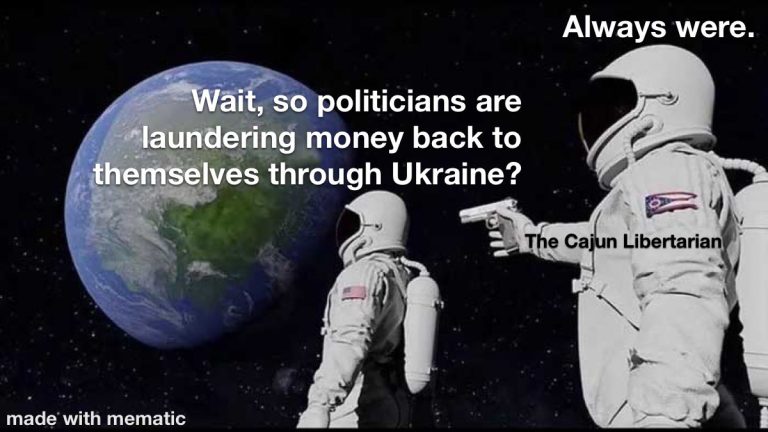
By Gordon Hahn January 11, 2025
In part:
Non-Western-Centric Foreign Policy Visions
In foreign policy, RS’s program proposes a non-aligned course in the current understanding of that term. Partnership with NATO, the EU, the CIS and other existing international organizations is regarded as “dangerous and destructive.” Ukrainian geopolitical strategy is to be based on something like Pilsudski’s ‘Intermarium’: the creation of a “priority space” encompassing a north-south axis extending from the Baltic Sea to the Caucasus and Black Sea based on countries Ukraine has “historically cooperated with” – Sweden, Lithuania, Poland, Turkey, Georgia).[17] A short course for RS members on the ideology of “nationalist revolution” and “nationocracy” states that the RS is founded on the ideas of OUN, Bandera, among other Ukrainian ultra-nationalists. Specifically, the polity of the “National Order” will be built not on the basis of political competition and parties but on “orders” or brotherhoods designed not to represent various interests but rather to unite the Ukrainian nation in a “Ukrainian Community of Independent States” (Ukrainskaya Sobornaya Samostiynoi Derzhava) or UCCD. In both Ukrainian and Russian, the concept of ‘sobornost’’ means an organic unity that presumes unity of belief and values and precludes conflict between interests within a community. Thus, quoting the nationalist philosopher Ivan Franko, the course notes assert: “Everything that goes beyond the frame of the nation is either hypocrisy or sterile sentimental fiction.” [18] Azov vision for Ukrainian ‘foreign policy’ has been stated by its commander Biletskiy: “The historic mission of our nation in this critical moment is to lead the White Races of the world in a final crusade for their survival. A crusade against the Semite-led Untermenschen.”[19]
There is no pro-Western vision is in these plans. The world is divided into two camps in different variations, but there is one constant: the superiority of the Ukrainian nation over all else. And these sentiments do not reside only in the farthest reaches of Ukraine’s political spectrum. There are held by people who have been accepted into the Ukrainian mainstream within the elite. Yarosh was a military advisor to Zaluzhniy, who has close relations with Right Sector and its military spinoff: the Ukrainian Volunteer Corps (DUK) modeled ideologically on the World War II era, Nazi-allied Ukrainian Partisan Army (UPA). Biletskiy is commander of Azov, which is one of the Ukrtainian army’s most important military units. Moreover, many of their ideas are shared by or resemble those professed by the numerous other ultra-nationalist and neo-fascist groups in Ukraine such as C13, Svoboda and even moderate nationalist parties such as Yulia Tymoshenko’s ‘Fatherland’ party. Moreover, many neofascists have been elected to the Rada on tickets of moderate parties. Moreover, independently of political personages, ultra-nationalist and neo-fascist ideas have bled into the mainstream and are comfortably tolerated when not fully supported. So a moderate post-war successor to the Zelenskiy government could adopt positions based on non-alignment with West and find practical and cultural reasons to restore decent relations with Moscow.
Read entire piece here:
https://gordonhahn.com/2025/01/11/the-potential-for-an-anti-western-ukrainian-turn-to-the-east/
Dr. Hahn taught at Boston, American, Stanford, San Jose State, and San Francisco State Universities and as a Fulbright Scholar at Saint Petersburg State University, Russia and was a senior associate and visiting fellow at the Center for Strategic and International Studies, the Kennan Institute in Washington DC, the Hoover Institution at Stanford University, and the Center for Terrorism and Intelligence Studies (CETIS), Akribis Group.
Recent Comments